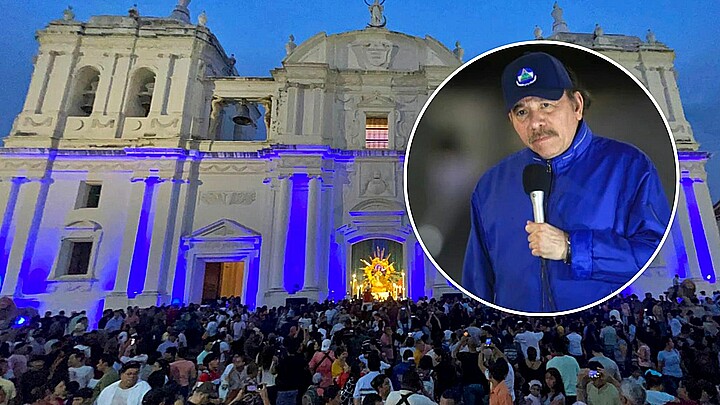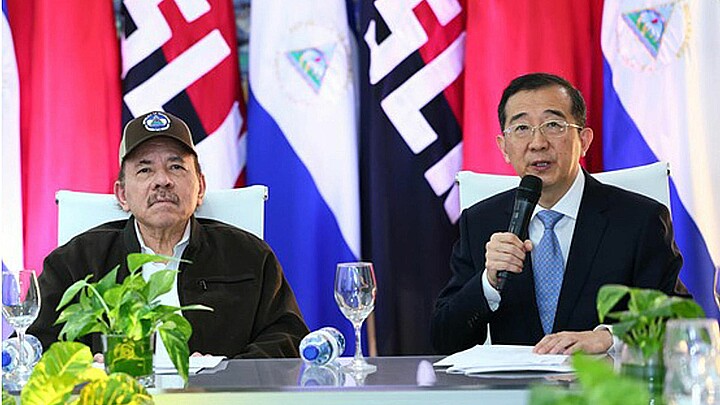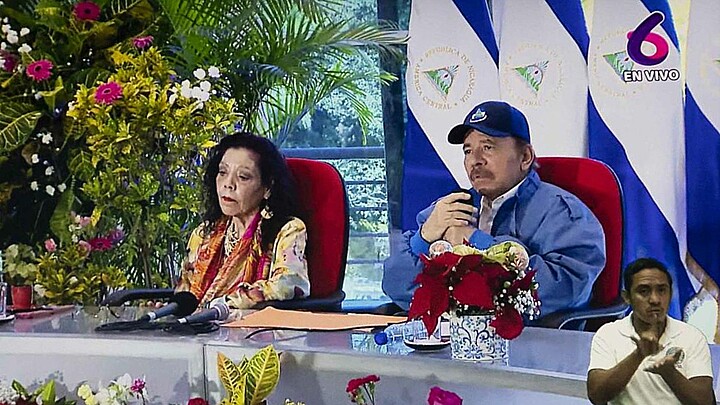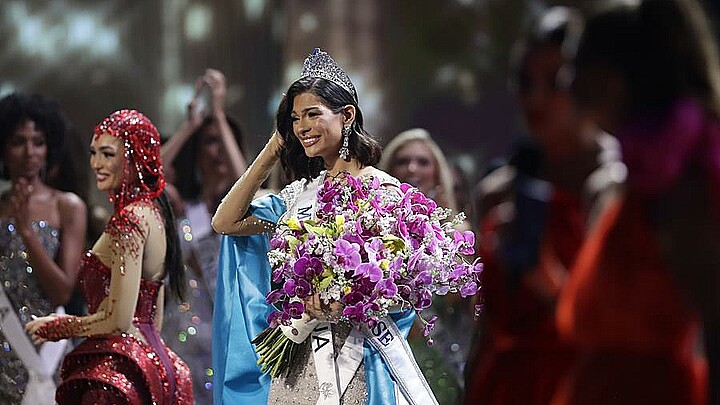Human Rights
Daniel Ortega's missing sister-in-law under house arrest, says Inter-American Commission on Human Rights
The organization called for her release “after considering that (Angélica Chavarría) is in a serious and urgent situation.”

January 15, 2025 10:34am
Updated: January 16, 2025 9:30am
The Inter-American Commission on Human Rights (IACHR) took precautionary measures to help Angélica Patricia Chavarría Altamirano, the former romantic partner of Humberto Ortega, the younger brother of dictator Daniel Ortega who also served as head of the Nicaraguan Army.
The IACHR is a main and autonomous body of the Organization of American States (OAS), whose mandate arises from the OAS Charter and the American Convention on Human Rights.
In a statement released to the general public, the organization explained that the decision was made “after considering that (Chavarría) is in a serious and urgent situation,” adding that “her rights to life and personal integrity are a risk of irreparable harm in Nicaragua.”
The person who reported Chavarria’s imprisonment to IACHR, indicated that she under house arrest and without the ability to communicate to the outside world since May 19, 2024.
Since the dictator’s brother died in September at the age of 77, she and her family have not been free to leave.
“State authorities have not provided official information about her whereabouts or current status,” the statement says.
The organization, based on Article 25 of its regulations, the Right to Judicial Protection, requested the Nicaraguan Ortega regime to confirm whether or not Chavarría had been detained and to describe the current circumstances and conditions of her detention as a means of protecting her rights to life and personal integrity.
Article 25 demands that, “everyone has the right to simple and prompt recourse, or any other effective recourse, to a competent court or tribunal for protection against acts that violate his fundamental rights recognized by the constitution or laws of the state … even though such violation may have been committed by persons acting in the course of their official duties.”
It also requires states “to ensure that any person claiming such remedy” has their rights “determined by the competent authority provided for by the legal system of the state” and that “competent authorities shall enforce” appropriate judicial remedies.
As part of its campaign to inquire about Chavarria’s status, the IACHR also demanded that the state release information about Chavarria’s whereabouts so that she could receive legal representation, family member visitations, necessary health care treatment, and have the opportunity to report any potential abuse by the state.
Before his death, Humberto Ortega declared himself a “political prisoner” of the Nicaraguan regime, which is ruled with an iron grip by his brother and sister-in-law, Rosario Murillo, according to an audio recording he left behind in which he warned he could die due to “all the stress” of his “unjust imprisonment.”
The recording was subsequently released just one day after the Ortega kin died.
The Inter-American Commission has a mandate to promote the observance and defense of human rights in the region and acts as a consultative body to the OAS on the matter. The commission is made up of seven independent members who are elected by the OAS General Assembly in their personal capacity, and do not represent their countries of origin or residence.











